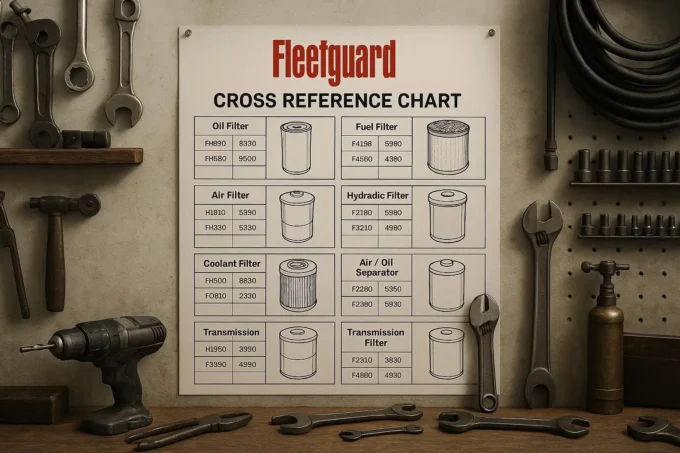Environmental consciousness is on the rise, and manufacturing industries are increasingly focusing on sustainability practices. Among these, wastewater treatment is critical to regulatory compliance and preserving the planet’s most precious resource: water. So, let’s dive into how wastewater treatment services, mainly water treatment plant hire services, play a pivotal role in this green revolution, with a closer look at processes like reverse osmosis and filtration.
Wastewater Treatment
Wastewater treatment in manufacturing isn’t just about purifying water; it’s a testament to a commitment to environmental stewardship. This process involves the removal of pollutants from water used in industrial processes, ensuring it’s clean before it returns to nature or is reused in the plant. It’s a complex challenge that’s essential for preventing water pollution and safeguarding aquatic ecosystems.
Embracing Water Treatment Plant Hire Services
Building a permanent wastewater treatment infrastructure for many manufacturing facilities is a daunting, if not impossible, task due to financial, spatial, or temporal constraints. This is where water treatment plant hire services shine. These services offer a flexible, efficient, and cost-effective solution, allowing industries to adopt advanced technologies without the hefty initial investment. It’s an accessible path to sustainability, making it possible for companies of all sizes to contribute positively to environmental protection.
The Science of Clean: Reverse Osmosis
One of the most effective methods employed in wastewater treatment is reverse osmosis. A semi-permeable membrane is utilized in this process to remove larger particles, ions, and unwanted molecules from water. By applying pressure to overcome natural osmotic pressure, reverse osmosis can filter out contaminants, including bacteria and sediments, producing clean water that’s either safe for discharge or suitable for reuse in industrial processes. It’s a remarkable technology, demonstrating how innovation is driving sustainability in manufacturing.
Filtration: The First Line of Defense
Filtration serves as the cornerstone of this process, acting as the first line of defense against pollutants. This process can vary in complexity, from simple screens that catch larger particles to sophisticated systems that remove finer impurities. The goal is to reduce the load on subsequent stages, such as reverse osmosis, making the overall process more efficient and effective. Filtration contributes to water purity and extends the equipment’s life, showcasing its indispensable role in sustainable water management.
Integrating Advanced Technologies for Enhanced Efficiency
The move towards sustainable manufacturing also involves integrating advanced technologies beyond basic filtration and reverse osmosis. Innovations like ultraviolet (UV) disinfection, biofiltration, and membrane bioreactors (MBR) are becoming increasingly prevalent in wastewater treatment strategies. These technologies offer enhanced efficiency in removing pollutants, reducing energy consumption, and minimizing chemical use in treatment. By incorporating these cutting-edge solutions, manufacturers can achieve higher sustainability and operational efficiency levels, highlighting the industry’s adaptability and commitment to environmental responsibility.
The Unpredictable Path of Progress
Adopting sustainable wastewater treatment methods is not a straightforward journey. It involves navigating technical complexities, financial considerations, and regulatory landscapes. However, the unpredictability of this path also brings opportunities for innovation, learning, and growth. By embracing technologies like reverse osmosis and filtration, manufacturing industries can comply with environmental standards and lead the way in sustainable practices.
Conclusion
As you delve into the intricacies of wastewater treatment services, it becomes clear that sustainability in manufacturing is achievable. Industries can play a critical role in preserving water resources for future generations by adopting water treatment plant hire services and advanced processes like reverse osmosis and filtration. This commitment to environmental protection is a journey filled with challenges but also with immense rewards. It’s about taking responsibility for this planet’s health and actively contributing to a sustainable future. So, continue to innovate and adapt to make a positive impact on the world.















Leave a comment